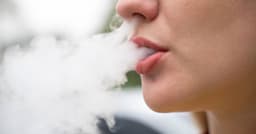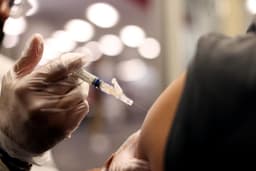Home / Health / Florida Urges Horse Owners: Biosecurity Crucial Amidst EHV-1
Florida Urges Horse Owners: Biosecurity Crucial Amidst EHV-1
21 Nov
Summary
- Horses from Texas and Oklahoma rodeos tested positive for Equine Herpes Virus-1.
- Florida officials are recommending strict biosecurity for horses with event ties.
- No EHV-1 cases linked to this outbreak have been reported in Florida yet.

Florida equine health officials are issuing a heightened alert for horse owners due to a confirmed outbreak of Equine Herpes Virus-1 (EHV-1). Multiple horses that participated in recent rodeo events in Waco, Texas, and Guthrie, Oklahoma, have tested positive for the virus. These events, held in early to mid-November, involved horses that have now shown signs of illness, prompting concern.
In response, the Florida Department of Agriculture is strongly advising horse owners and trainers to implement stringent biosecurity measures. This includes recommending a 21-day isolation period for any horses that may have been stabled or otherwise associated with the Texas and Oklahoma events. While the state has not imposed movement restrictions, it advises checking with destination venues for any additional requirements.
EHV-1 is a serious threat to horses, transmissible through direct contact, contaminated equipment, or airborne particles. Symptoms can include fever, respiratory issues, and neurological signs. The Division of Animal Industry is encouraging all members of the equine community to practice enhanced farm biosecurity and report any suspected neurological cases promptly.




